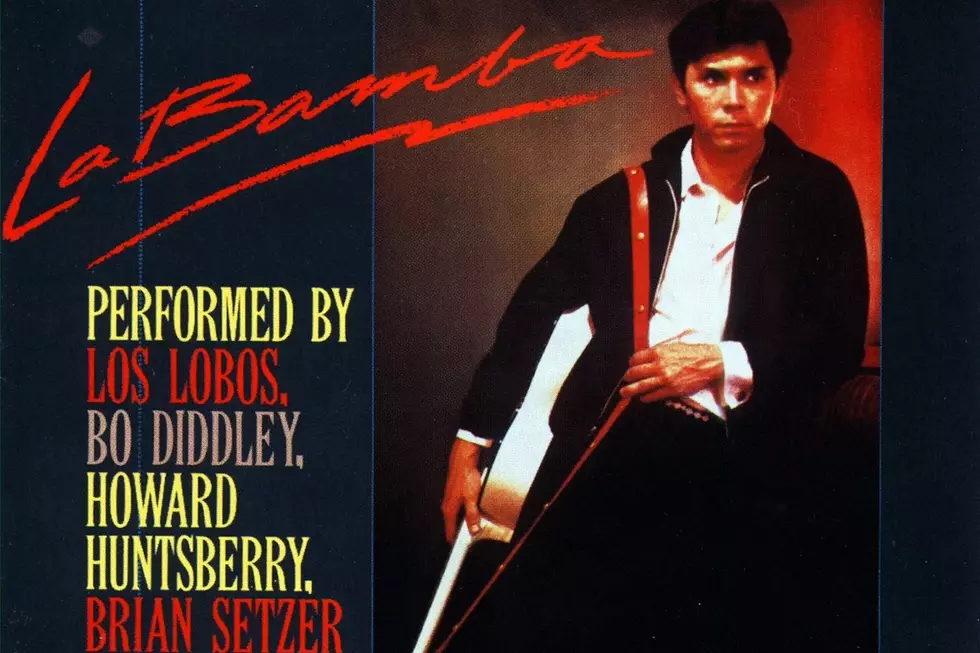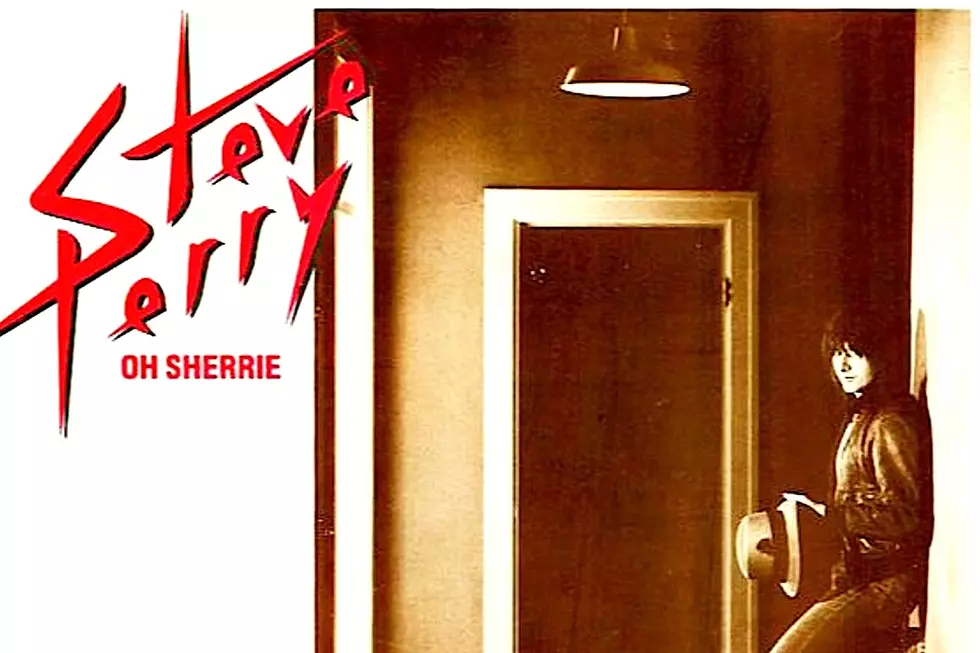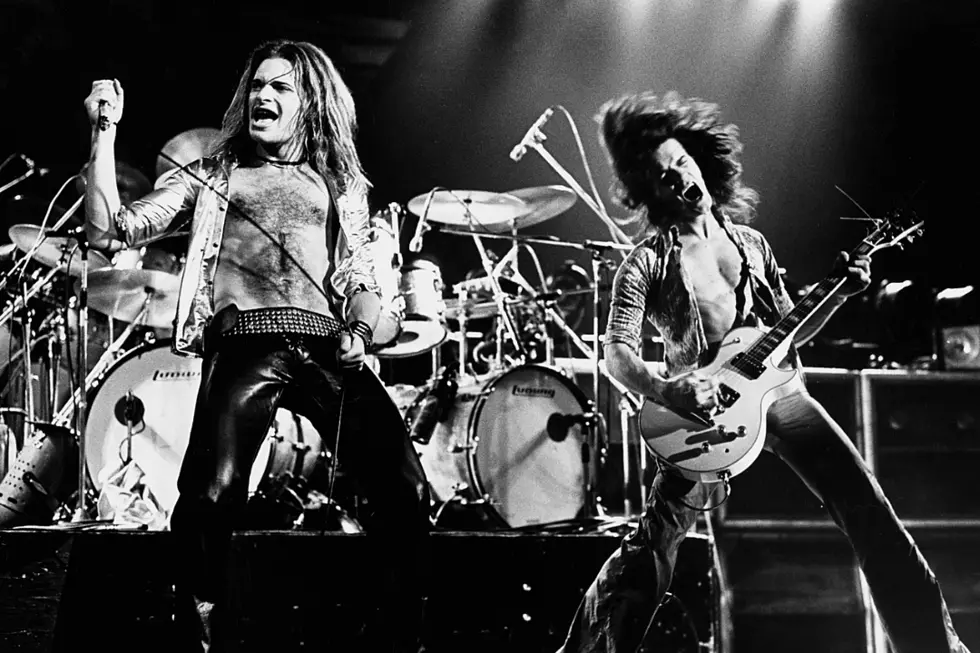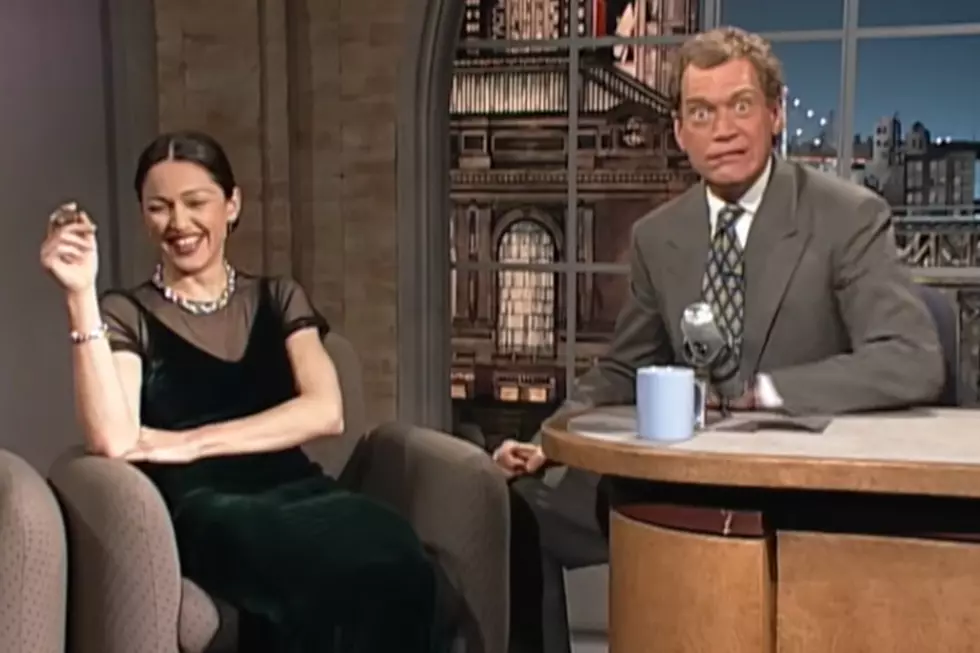
35 Years Ago: Los Lobos’ ‘La Bamba’ Returns Ritchie Valens to Spotlight
Los Lobos weren’t an obvious choice to turn a cover of Ritchie Valens’ '50s-era hit “La Bamba” into one of the songs of the summer in 1987. They’d been around since the ’70s, releasing critically acclaimed albums that never reached anywhere near blockbuster status.
So how did they end up all over the soundtrack for a Lou Diamond Phillips-starring Valens biopic that produced this chart-topping cover? A recording Los Lobos did of Valens’ first single “Come On, Let’s Go!” reached the late teen star’s family.
“When Ritchie’s family heard it, they really liked it,” Los Lobos co-founder David Hidalgo told Rolling Stone in 2021. “When we played in their area up in Santa Cruz, they came to the show and we got to meet the family. … That became the beginning of our friendship, and it grew deeper.”
The family personally requested that Los Lobos perform Valens’ music on the soundtrack, which arrived on June 30, 1987, with eight Los Lobos covers. Included was “Come On, Let’s Go!” as well as Valens’ biggest hit, “Donna.” But the lead single “La Bamba” became a sensation, maintaining the original’s Veracruz-inspired son jarocho folk style but with a modern sheen.
Listen to Los Lobos' 'La Bamba'
Los Lobos were as surprised as anyone when Valens was suddenly everywhere again, especially because they'd also refused to translate the song into English.
“For it to become a hit back then was unprecedented,” Los Lobos’ Louis Perez told Songfacts in 2012. “So for us, it was to bring attention to him and his legacy, and we did it out of really believing in his story. When it became a hit, it was like, ‘Wow, what happened there?’”
The La Bamba soundtrack was rounded out by a series of tracks that range from the sublime (a remarkable re-recording by Bo Diddley of 1956’s “Who Do You Love,” produced by Chess great Willie Dixon) to the serviceable (Marshall Crenshaw covering Buddy Holly, and Brian Setzer updating Eddie Cochran) to the rather questionable (actor Howard Huntsberry doing Jackie Wilson?).
No matter. This album will always be defined by its biggest hit. “There is absolutely no denying that primal joy of ‘La Bamba,’” Phillips told Rolling Stone. “It affects everybody, no matter your cultural background. White people didn’t have to understand what it meant, just that it made them happy.”
Top 100 '80s Rock Albums
More From Ultimate Classic Rock









